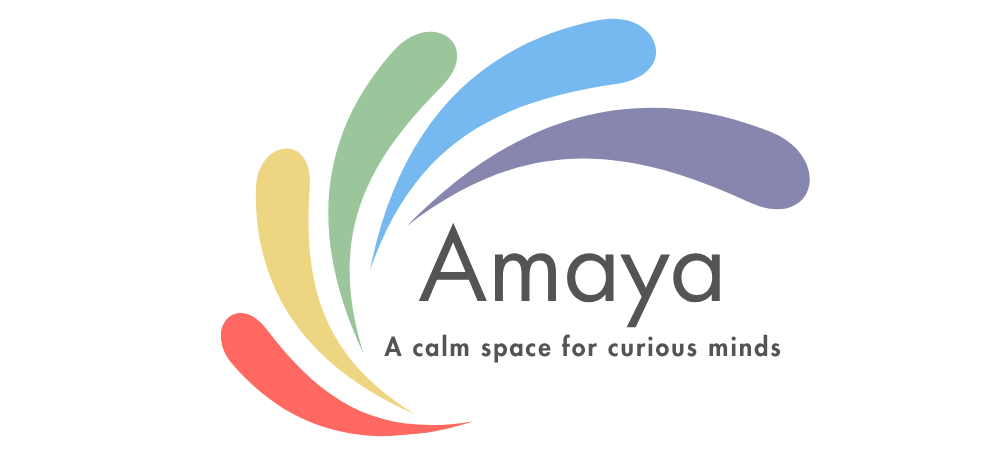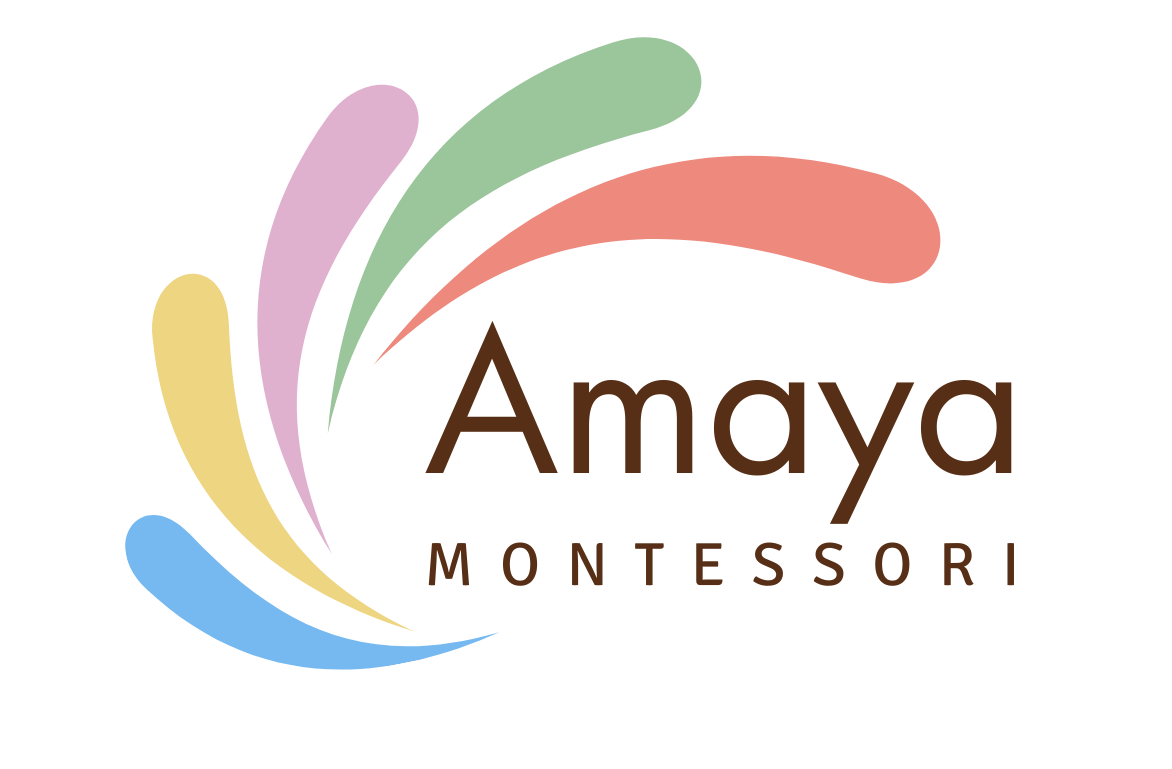Dr Maria Montessori

Dr Maria Montessori
Dr. Maria Montessori, born in 1870 in Italy, was a pioneering educator and the first woman in Italy to earn a medical degree in 1896. Her work in medicine led her to observe how children learn and develop, which inspired her to create a new approach to education. Montessori realized that children are active learners who construct their own knowledge through interaction with their environment.
In 1906, she opened the first “Casa dei Bambini” (Children’s House) in Rome, where she developed the Montessori method, focusing on self-directed learning. She created special educational materials that allowed children to explore and learn independently, fostering their intellectual and personal growth.
Montessori’s method emphasizes the importance of a well-prepared environment, where children can choose activities and learn at their own pace. She also believed that teachers should guide rather than control learning, supporting each child’s unique path of development. Her approach values the child’s natural love of learning and aims to nurture the whole child intellectually, socially, emotionally, and physically.
Montessori was also a committed humanitarian, advocating for children’s rights and a more peaceful society. She was nominated for the Nobel Peace Prize three times for her efforts in promoting global peace and human development. Today, her educational philosophy is practiced in thousands of schools worldwide, continuing to influence education and child development globally.



